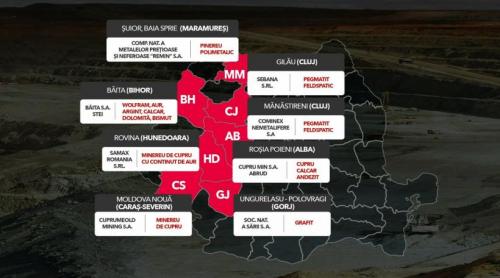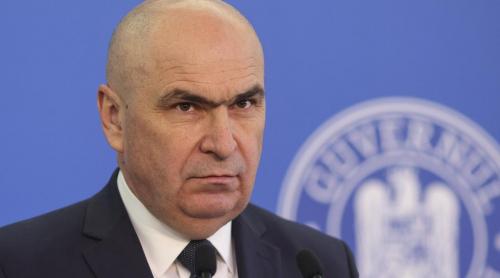
The Foreign Investors Council, or FIC, in Romania put forth 12 steps it deems necessary for the economy to pick up speed once again. At a budgetary cost estimated at 860 million Euro per year, or 0.7% of the GDP, the plan would result in on overall economic growth of 11.6% by 2015, in 250,000 new jobs and in 8.5% higher revenues to the state budget.
Dominic Bruynseels, a member of the FIC board and executive director with the Banca Comerciala Romana, or BCR, likened the Romania's case with that of a car that was not running but was wasting its battery on keeping the lights on. "This package is designed to jump-start Romania's battery," Bruynseels said. He also commented that the current 3.5 billion Euro FDI would grow to 5 billion investments each year.
Mariana Gheorghe, president of the FIC and executive manager with Petrom, explained that FIC put forth an 80-step plan, the first 12 of which were of the utmost priority. She also explained that under the cloak of FIC stay companies which make a quarter of the national economy and one third of the foreign companies investing in Romania.
All steps put forth actually require the Government's implementation.
Take for instance the poor collection of revenues to the budget.
FIC suggested private companies to guard the customs, to improve the performance of the customs officials. Actually, private companies in the most hard hit industries, like the tobacco, alcohol and food processing industries, are ready to pay with their own money such guarding companies. Better tax collection at the customs would bring 460 million Euro to state coffers and create 46,500 new jobs, explained Toader Serban, senior partner with KPMG.
Or, consider the poor level of investment in housing, in spite of the dire need for new homes all over Romania. The FIC suggested the Government to start financing the Prima Casa 3 şThe First Home 3ţ program, while backing only 50% of the funding, now that banks are ready to shoulder more of the risks. That alone is a market worth 1.4 billion Euro in credits.
Or, again, considering the poor access to credits that companies have, the FIC suggested the Government to build up a Register of Companies it owes money to. This move would enable banks open credit lines to such companies, knowing that the state is due to pay them their money back. "I would rather finance such companies before others, knowing that the Government would pay its dues to them," said Raiffeisen Bank president Steven van Groningen.
Also, given the poor investment in the infrastructure, FIC suggested the Government to file an application for Romania to organize along Hungary or Bulgaria the 2020 European Championship. This step is expected to bring in 10 billion Euro worth of investment in highways, hotels, stadiums and raise the number of visiting tourists with one million in 2020, and half a million in the following years.
At the same time, the FIC also thought about measures to boost Romania's poor record at drafting EU funds. FIC says either to outsource the management for EU funds units, or to centralize it into one unit only. Also, FIC wants salaries of public servants in such units to be proportionate to their efficiency rate in drawing such funds. It predicts 75,000 new jobs will be created if the first step is taken, and 26,000 new jobs will be created in the agriculture sector, if the second step is taken.
Small and medium size enterprises, or SMEs, were also on the FIC map. The foreign investors suggest adopting the German bank KfW model, that allowed the Federal Government to provide financial incentives to the economy. The FIC also asks for a reform of the laws regulating the work force market, to make it more flexible. That move alone would create an estimated 84,000 new jobs.
Translated by AAP

















